UCSF Interventional Radiology Review
University of California San Francisco Clinical Update (SA-CME)
This wide-ranging CME program offers a thorough, case-based review of the clinical essentials in interventional radiology.
Improve Competence in Interventional Radiology
This CME program, featuring experts in the practice of Interventional Radiology, is a comprehensive review of the core concepts and cutting-edge trends in the field. UCSF Interventional Radiology Review, with case-based lectures and in-depth discussions, covers a plethora of topics including updates on MR angiography, vein mapping and interpretation, renal ablation, portal vein embolization, biliary interventions, stroke interventions, etc. It will help you to:
Improve technique in arterial and venous interventions
Grasp the implications of interventional oncology procedures
Know the benefits and limitations in selecting IR devices (shunts, stents, catheters, etc)
Correctly interpret CT, MR and US non-invasive vascular images
Understand the scope of Neurointerventional and Musculoskeletal interventions
Recognize the limitations and possible pitfalls and safety issues associated with IR procedures
TOPICS/SPEAKERS
CT Angiography: What’s New? – Maureen P. Kohi, MD, FSIR
Updates on MR Angiography – Mark W. Wilson, MD
Contrast Enhanced Ultrasound – Stefanie Weinstein, MD, FSAR
Vein Mapping and Interpretation – Vishal Kumar, MD
Aortic Aneurysms – K. Pallav Kolli, MD
Complex Endoleak Interventions – Evan D. Lehrman, MD
Peripheral Artery Disease and Aorto-iliac – Richard R. Saxon, MD, FSIR
Superficial Femoral Artery and Restenosis – Richard R. Saxon, MD, FSIR
Left Gastric Artery Embolization- Ryan M. Kohlbrenner, MD
Mesenteric and Renal Arterial Disease – Anand S. Patel, MD
Visceral Artery Aneurysms – Trushar J. Patel, MD
Endovascular Trauma – Miles B. Conrad, MD, MPH
Critical Limb Ischemia and Below-the-Knee – Richard R. Saxon, MD, FSIR
Acute Ischemia Cases – Richard R. Saxon, MD, FSIR
Multidisciplinary Approach to Hepatocellular Carcinoma – Nicholas Fidelman, MD, FSIR
TACE and TAE for HCC – Ryan M. Kohlbrenner, MD
Radioembolization for Hepatocellular Carcinoma – Nicholas Fidelman, MD, FSIR
Percutaneous Liver Ablation – Evan D. Lehrman, MD
Arterial Therapy: mCRC – Nicholas Fidelman, MD, FSIR
Arterial Therapy: mNET – Nicholas Fidelman, MD, FSIR
Arterial Therapy: Cholangiocarcinoma – Ryan M. Kohlbrenner, MD
Ablation for Liver Metastases – K. Pallav Kolli, MD
Renal Ablation – Andrew G. Taylor, MD, PhD
Lung Ablation – K. Pallav Kolli, MD
Portal Vein Embolization – Evan D. Lehrman, MD
Therapy for Hepatocelluar Carcinoma and Colorectal Cancer – Nicholas Fidelman, MD, FSIR
Bone Biopsy and Radiofrequency Ablation – Thomas M. Link, MD, PhD
Treatment of Painful Osseous Metastases – Matthew D. Bucknor, MD
Ultrasound-guided MSK Interventions – Tara A. Morgan, MD
Best Practices for Periprocedural Care – Nicholas Fidelman, MD, FSIR
Portal Hypertension 1: TIPS/DIPS/BRTO – Jeanne M. LaBerge, MD, FSIR
Portal Hypertension 2: PV Recan, HV Stenting, Splenic Eembolization – Jeanne M. LaBerge, MD, FSIR
Biliary Tract Interventions – Nicholas Fidelman, MD, FSIR
Big Procedures for Little People: Pediatric IR – Matthew P. Lungren, MD
Lymphangiography & Interventions – Evan D. Lehrman, MD
Urinary Tract Intervention – Andrew G. Taylor, MD, PhD
Embolization of Renal AML and RCC – Andrew G. Taylor, MD, PhD
Radiation Safety in IR – Ryan M. Kohlbrenner, MD
Handling Hazards in the IR Suite – Nicholas Fidelman, MD, FSIR
Gastrointestinal Bleeding – Ryan M. Kohlbrenner, MD
PAE: Basics to Complex – Ryan M. Kohlbrenner, MD
Microcatheters & Other Toys – Andrew G. Taylor, MD, PhD
Embolic Agents: How to Choose? – Andrew G. Taylor, MD, PhD
Tunneled Catheters and Denver Shunts – Sujal Nanavati, MD
Stroke Interventions – Steven W. Hetts, MD
Vertebroplasty: How I Do It? – Matthew R. Amans, MD, MSc
Endovascular Management of Retinoblastoma – Steven W. Hetts, MD
Spine Interventions – Cynthia T. Chin, MD
Management of Symptomatic Uterine Fibroids – Maureen P. Kohi, MD, FSIR
PPH: What To Do? – Maureen P. Kohi, MD, FSIR
Gonadal Vein Embolization – Maureen P. Kohi, MD, FSIR
The ABR IR/DR Exam – Jeanne M. LaBerge, MD, FSIR
Treatment of Pulmonary Embolism – K. Pallav Kolli, MD
Superficial Venous Therapy – Vishal Kumar, MD
Management of Deep Vein Thrombosis – K. Pallav Kolli, MD
Complex Venous Recanalization – Evan D. Lehrman, MD
Complex IVF Filter Retrieval – Andrew G. Taylor, MD, PhD
Dialysis Access Interventions – Mark W. Wilson, MD
Management of Vascular Malformations – Daniel L. Cooke, MD
Management of PAVMs – Miles B. Conrad, MD, MPH
Learning Objectives
After viewing this activity, participants will demonstrate the ability to:
Improve technique in arterial and venous interventions
Understand the implications of interventional oncology procedures
Describe indications and recommend techniques for gastrointestinal and genitourinary tract interventions
Know the benefits and limitations in selecting IR devices (shunts, stents, catheters, etc)
Correctly interpret CT, MR and US non-invasive vascular images
Understand the scope of Neuro and Musculoskeletal interventions
Identify potential pitfalls and safety issues associated with IR procedures in order to minimize complications
Intended Audience
The activity was planned for radiologists actively practicing interventional radiology, and newly qualified interventional radiologists wanting to compare their knowledge and training with UCSF experts. The course is focused primarily on body interventions (rather than neuroradiological).
Series Release: January 1, 2019
Series Expiration: December 31, 2021 (deadline to register for credit)
Only logged in customers who have purchased this product may leave a review.
Related Products
VIDEO MEDICAL
VIDEO MEDICAL
VIDEO MEDICAL
VIDEO MEDICAL
VIDEO MEDICAL
VIDEO MEDICAL
VIDEO MEDICAL
VIDEO MEDICAL
VIDEO MEDICAL
VIDEO MEDICAL
VIDEO MEDICAL
VIDEO MEDICAL
VIDEO MEDICAL
VIDEO MEDICAL
VIDEO MEDICAL
VIDEO MEDICAL
VIDEO MEDICAL
VIDEO MEDICAL
VIDEO MEDICAL
VIDEO MEDICAL
VIDEO MEDICAL
VIDEO MEDICAL
VIDEO MEDICAL
VIDEO MEDICAL

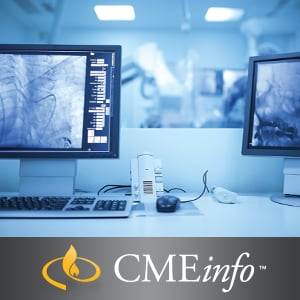
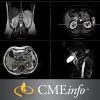


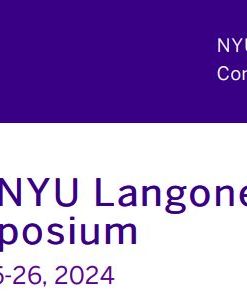



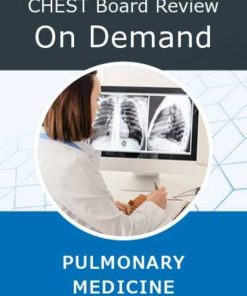
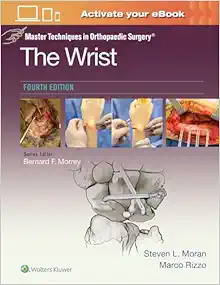
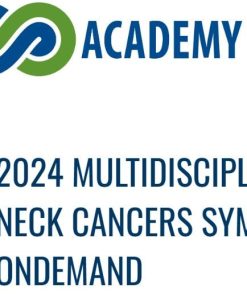

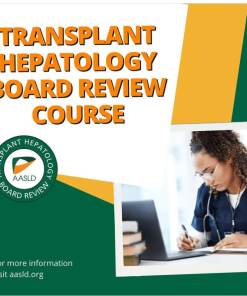
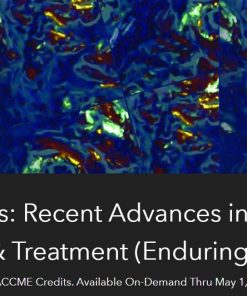
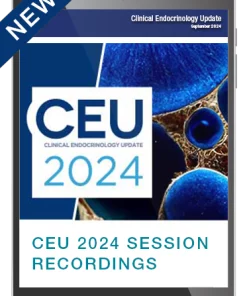
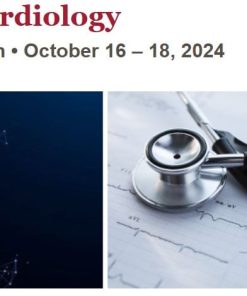
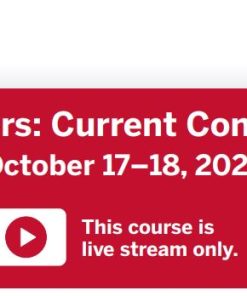
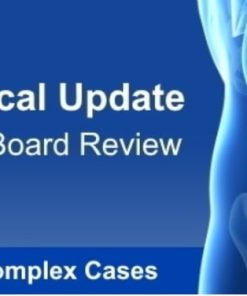
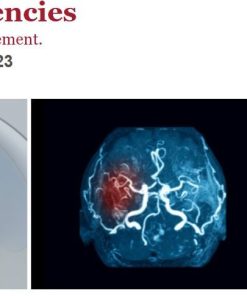
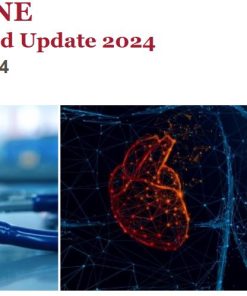
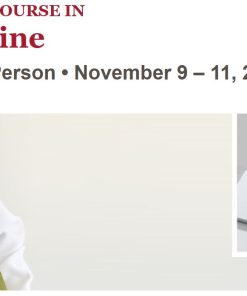



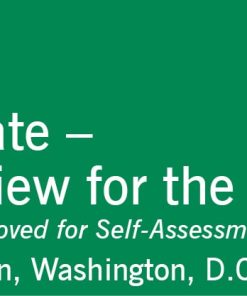

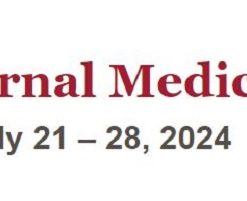
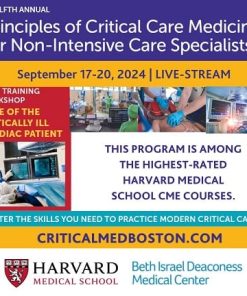
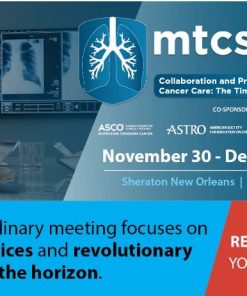







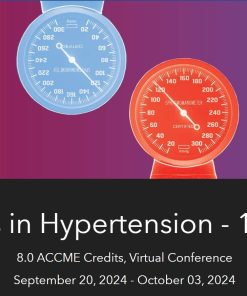
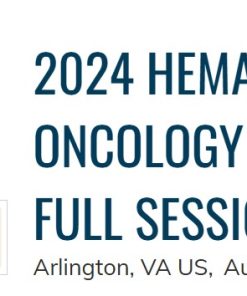
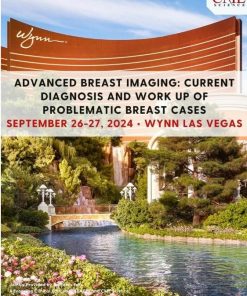






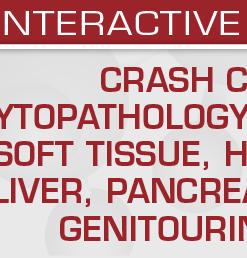
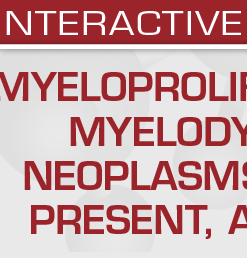

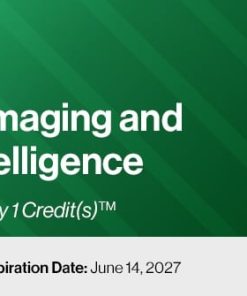
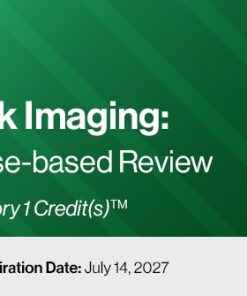

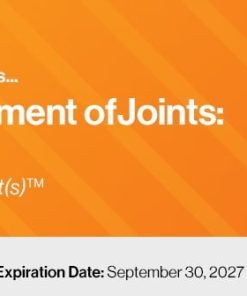

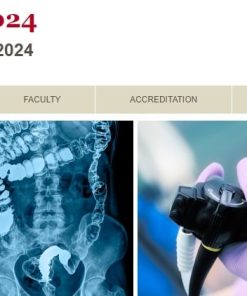

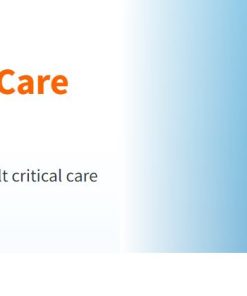
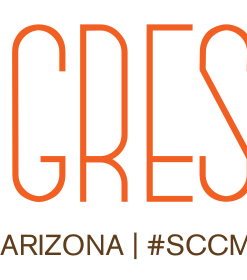

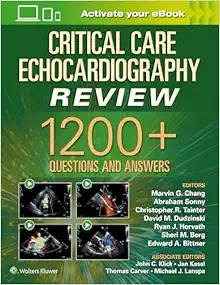
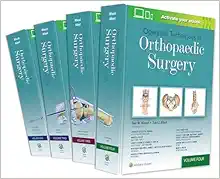
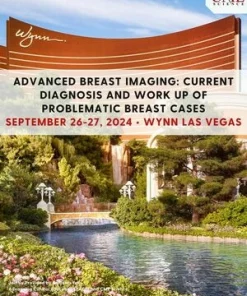



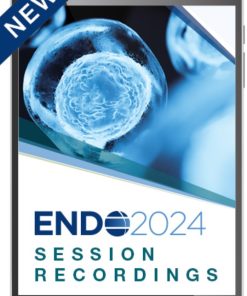



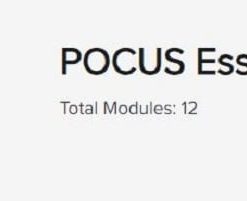


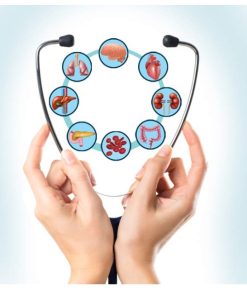
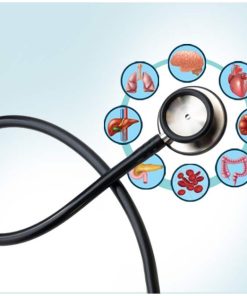
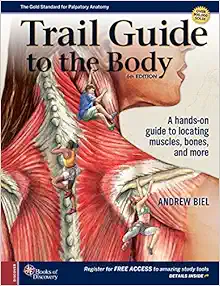

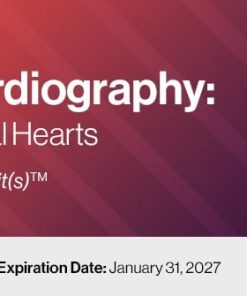

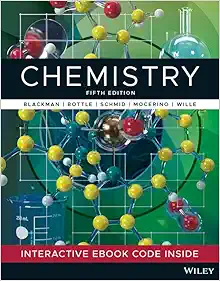
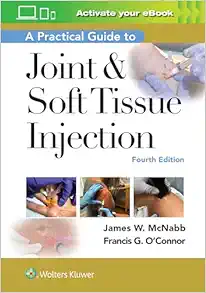
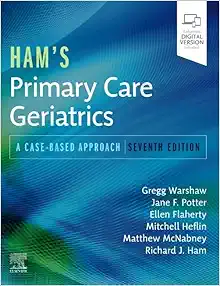
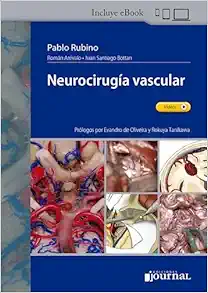
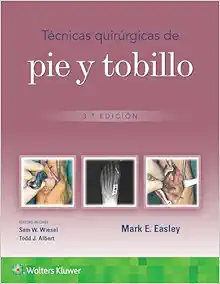
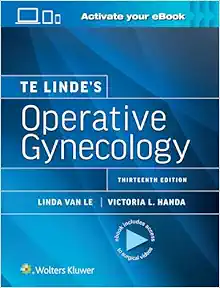



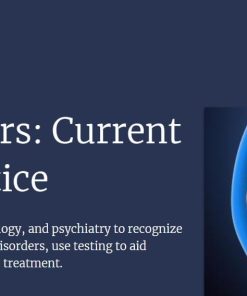
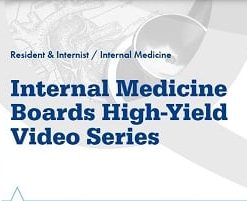
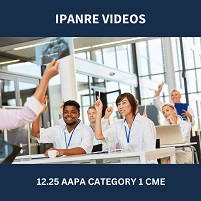
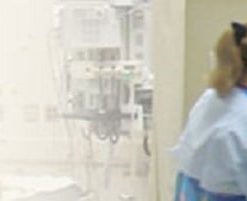


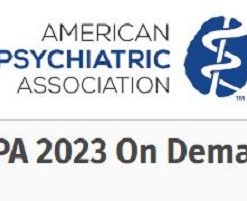



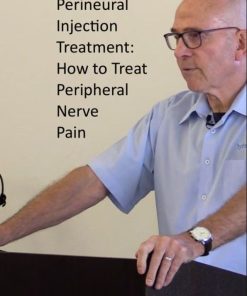
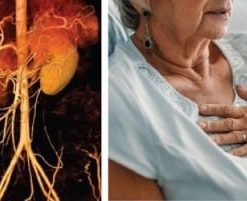


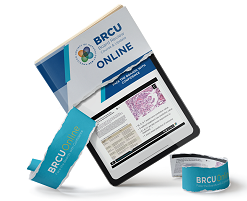
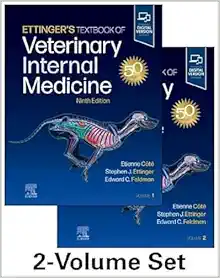
Reviews
There are no reviews yet.